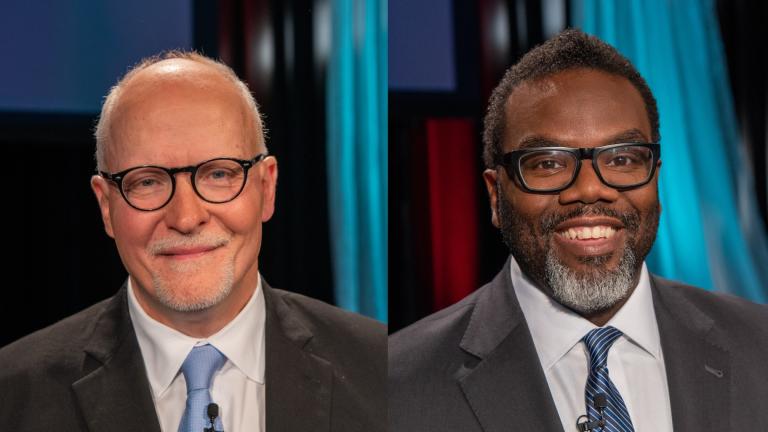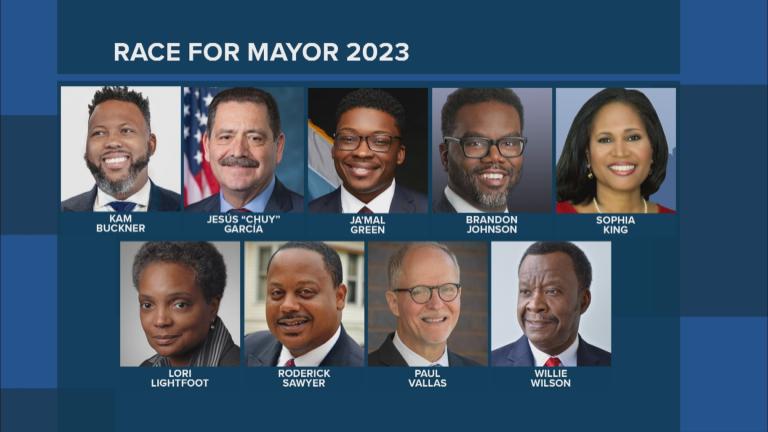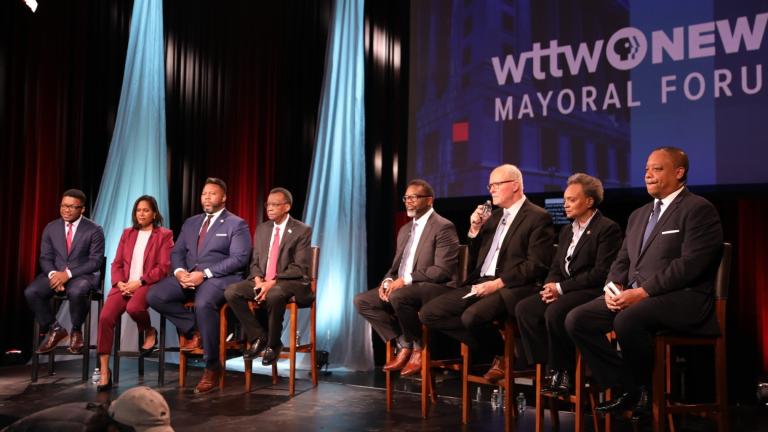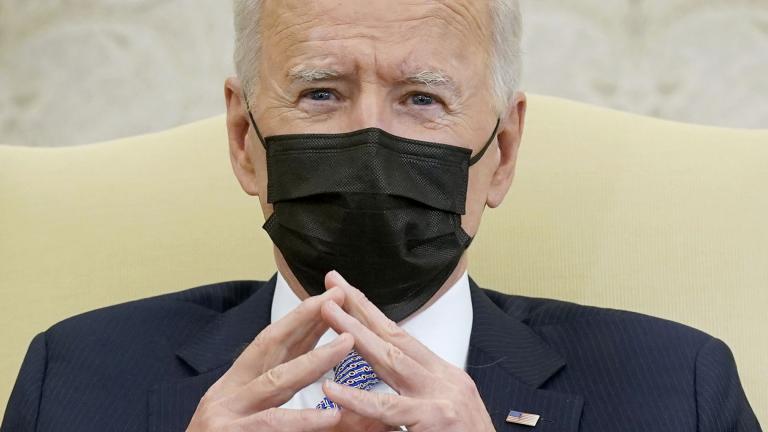The House Intelligence Committee on Thursday completed its fifth day of public testimony in the impeachment inquiry into President Donald Trump.
The committee heard from former National Security Council adviser Fiona Hill, a Russia expert, and David Holmes, a diplomat at the U.S. Embassy in Ukraine.
In her opening statement, Hill firmly pushed back on an assertion repeatedly made by Republicans that Ukraine – not Russia – interfered in the 2016 presidential election.
“Based on questions and statements that I have heard, some of you on this committee appear to believe that Russia and its security services did not conduct a campaign against our country, and that perhaps, somehow, for some reason, Ukraine did. This is a fictional narrative that has been perpetrated and propagated by the Russian security services themselves,” Hill said.
So how has the testimony of Hill and other witnesses impacted the political messaging of impeachment on both sides of the aisle?
We asked Jason DeSanto, a senior lecturer at Northwestern’s Pritzker School of Law who also has many years of experience working as a political speechwriter and strategist.
Below, a Q&A with DeSanto.
What is your reaction to Fiona Hill’s testimony Thursday?
It was consistent with her framing of herself as somebody who is there out of a sense of duty – these are the matters that she deals with every day, it has to do with much larger questions about American elections – that’s what she sees her job as. To her, that’s a factual finding, and it’s within her area of expertise, and that relates to much larger questions here about the credibility of these witnesses as lifelong experts, diplomats, those in the foreign service, those involved in national security. So if we think about it in a much larger framework of how credible are these witnesses, including her, they’re very credible because they keep coming back to their professional training.
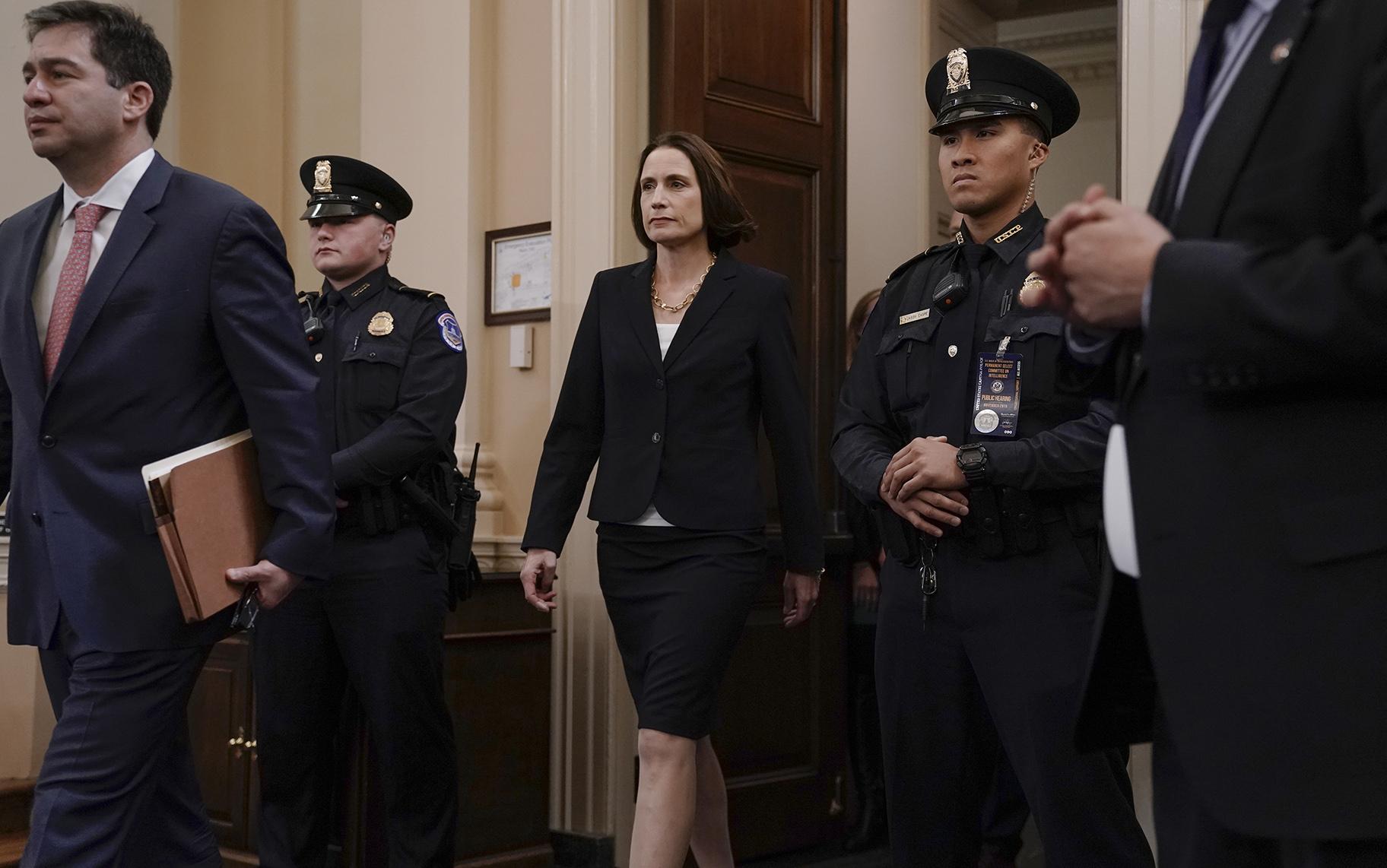 Former White House national security aide Fiona Hill returns from a break to testify before the House Intelligence Committee on Capitol Hill in Washington, Thursday, Nov. 21, 2019. (AP Photo / J. Scott Applewhite)
Former White House national security aide Fiona Hill returns from a break to testify before the House Intelligence Committee on Capitol Hill in Washington, Thursday, Nov. 21, 2019. (AP Photo / J. Scott Applewhite)
I think when you hear [Hill’s] testimony in the stream of testimony that you’ve heard so far, in a way she’s playing off of the credibility of everyone who’s come before her, and so her statement drops in much more elegantly into that framework. And the other thing that buttresses it is just a very powerful personal story about how she got here, and then just her demeanor, which is just authoritative, confident, and like many of the other witnesses, what you would think of as kind of a non-grandstanding, just the facts demeanor – direct, forceful, articulate, but very much competent.
Why has the Ukrainian election interference theory become such a sticking point for the Republicans?
Because it underscores [for Republicans] that Russia didn’t help Trump, according to the story, in 2016, and also that the Democrats are fixated on [the election], and that that’s what’s motivating all of the hearings. So you hear “coup,” you hear other framings, now we start to get into arguments from emotion. The Republicans will say this is a coup, it’s a witch trial, it’s a sham, these kind of conspiratorial, vivid terms.
The Democrats on the other side are also trying to frame through language, very simple formulations like “two plus two equals four.” So “two plus two equals four” was the framing yesterday. The Republicans will come out and say, “the aid was never held up, the president said he didn’t want a quid pro quo.” So now we’re in this hashtag mode of sloganeering and telling of stories very quickly with language that each side is using to interpret the facts, so that people who aren’t watching all day can begin to form their own judgements about what it is that actually happened.
How could the messaging on both sides change from here on out?
It’s going to be a question of should we impeach, should we convict, and then the arguments are going to change a little bit. They’ll still be some about the credibility of the process, and a little bit about the credibility of witnesses, but the arguments are going to be more historical arguments about what the founders intended with impeachment, what happened during Watergate, and legal arguments about what the impeachment process is actually for. And then ultimately, what are the values and principles that are at stake here? For the Democrats, it’s going to be about “no one is above the law,” that’s going to be the framing. And for the Republicans, I would expect we’re going to start hearing a little bit more about the coup idea kind of navigating into a different arena, where it starts to be more about this mythical idea of “let the people decide. Everybody knows the facts now so we should just have the election.”
I think it’s going to draw on what [Senate Majority Leader Mitch] McConnell did with the Merrick Garland nomination a couple years ago. “You’re within 12 months of an election, so people should just decide now.”
Related stories:
‘On Whose Authority?’: What to Watch in Impeachment Hearings
Trump Directed Ukraine Quid Pro Quo, Key Witness Says
Sondland Faces Tough Questions About Trump and Ukraine
Takeaways From Day 3 of House Impeachment Hearings
White House Officials to Kick Off Big Trump Impeachment Week

